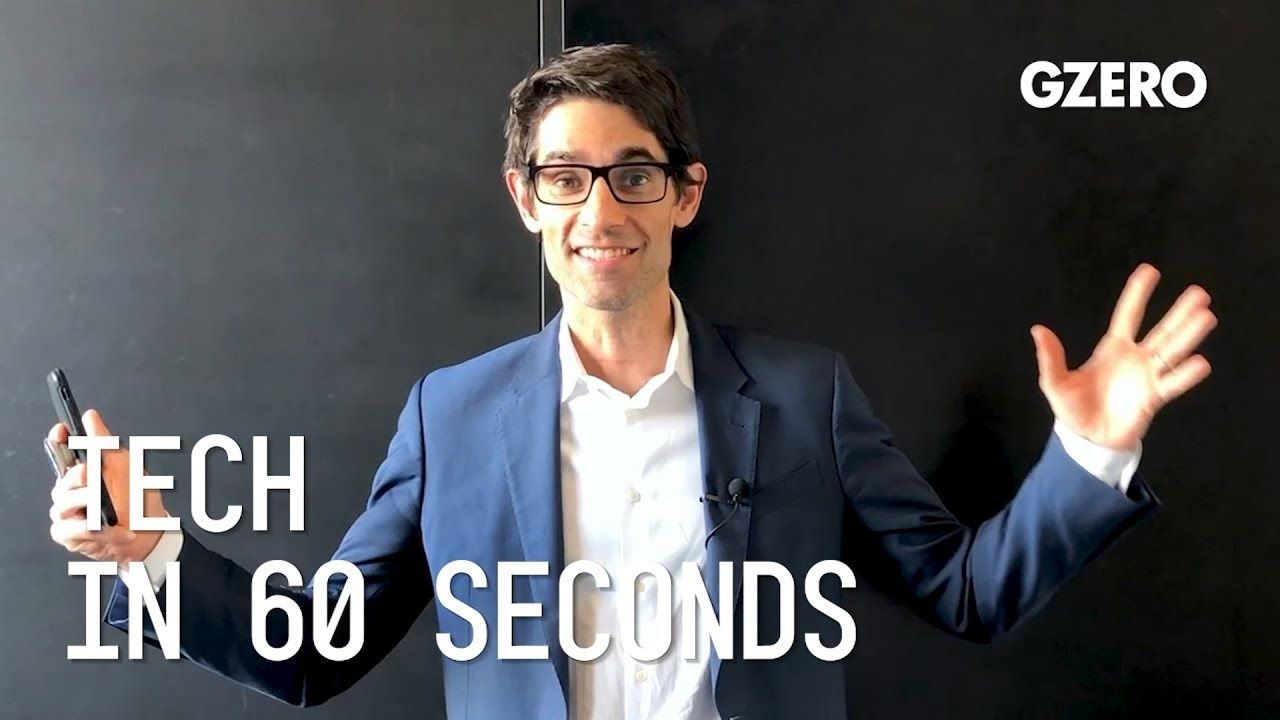
As technology and A.I. evolve, do we need a WTO for data?
That sounds suspiciously like a question from someone who watched the recent Democratic debate, because Andrew Yang said we need a WTO for data. Now, I'm not exactly sure what he means, but it would be very helpful to have a World Data Organization that created databases, shared data silos, that companies could access.
One of things I worry about in A.I. is that companies with the data, Google and Facebook, will just move ahead further and further. But if governments can actually get together and provide data to researchers, there's a way to counter that. Yang also has a view though, that people need to own their data and be compensated for that. A couple of problems with that, one of which is who owns what data? If I send you a text message, do you own it? Do I own it? If I delete it, have I stolen from you? It gets pretty hairy. So, I want to know more about what Yang says, but in general, I think it's probably a good idea.